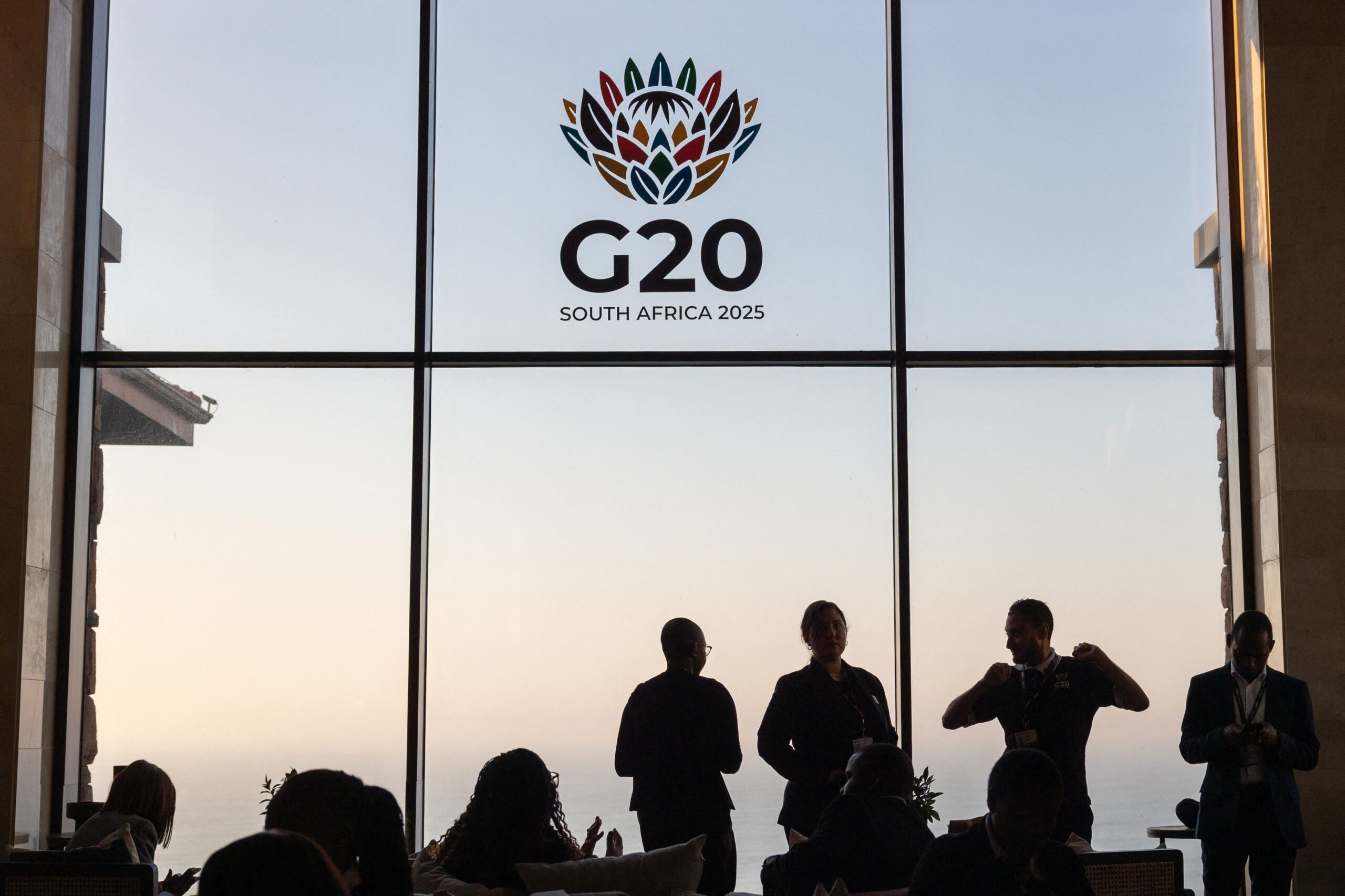The Policy Innovation Lab, building on its work to optimise policy advice systems, has developed evidence-based recommendations for the G20’s Anti-Corruption Working Group (ACWG) on how to strengthen the public sector, enhance efficiency in asset recovery, promote inclusive multi-stakeholder participation, and improve whistleblowing protection mechanisms. The briefing can be accessed here.
A strong institutional foundation is essential for a transparent, accountable, and resilient public sector. Building strong, independent institutions capable of investigating and holding individuals accountable is crucial. For example, Brazil’s Office of the Comptroller General of the Union (CGU) acts as an internal watchdog. The CGU audits federal agencies and programmes, investigates misconduct, and designs national anti-corruption strategies. In addition, it manages the federal Transparency Portal, which makes financial data—specifically the income and expenditures of the federal government—publicly accessible.
For asset recovery, G20 countries can harness the use of Artificial Intelligence (AI). The use of AI in government can help detect corrupt activities more quickly. South Africa and India, for instance, are using AI tools for tax assessments and fraud detection, which increases efficiency, clarifies data trails, and reduces interpersonal interactions, thereby lowering opportunities for corruption. These capabilities can be shared with law enforcement and financial intelligence units to help identify and trace the proceeds of crime, strengthening the evidence base for asset recovery cases.
Integrating stakeholder voices systematically into policymaking enhances scrutiny, builds a broad coalition for integrity, and helps prevent corruption. For example, Kenya’s AI Strategy was developed through a highly participatory process. Digital tools can facilitate large-scale public participation. Participa+ Brazil, an online government portal, provides access to more than 140,000 datasets across sectors, allowing citizens to review and provide feedback directly through the platform.
Building robust institutional and legal frameworks is essential for effective and secure whistleblowing mechanisms. Brazil’s CGU serves as a strong example of an institution designed to combat corruption. Digital tools can also support corruption reporting, but these channels must be secure and ensure whistleblower protection. Participa+ Brazil, for instance, reduces barriers to reporting by offering accessible and safe channels for public feedback and complaint submission.
Recommendations for the ACWG
-
Promote the link between Policy Advice Systems (PAS) and anti-corruption efforts: The ACWG should emphasise that strengthening a nation’s PAS is a core anti-corruption strategy. Effective PAS are a prerequisite for transparency, accountability, and evidence-based governance.
-
Facilitate knowledge exchange on institutional design for integrity: The ACWG could create a platform for sharing best practices on institutional models that combine oversight, transparency, and anti-corruption functions within the executive branch.
-
Showcase digital tools as anti-corruption measures: G20 members should highlight the use of digital government platforms and AI in revenue services as tangible examples of good practice in reducing corruption. This includes supporting capacity building for G20 partners in digital governance.
-
Advocate for participatory policymaking: The ACWG should encourage the adoption of inclusive policymaking models that involve civil society, academia, and the private sector as a standard approach to increasing transparency and promoting a whole-of-society commitment to integrity.
